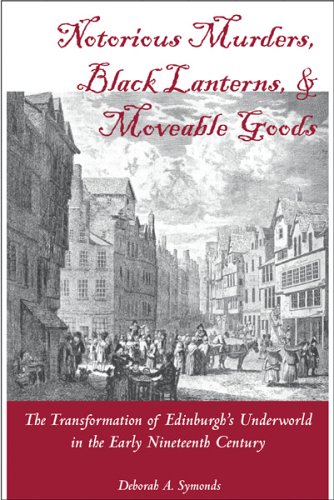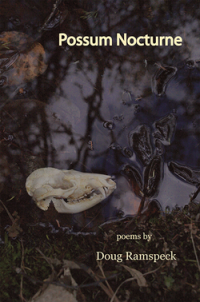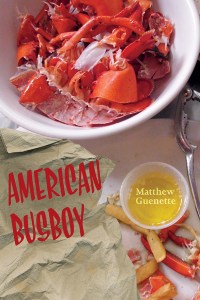Description
The year 1828, when William Burke, William Hare, and their wives murdered nearly a score of Edinburgh’s poor and sold their bodies, offers us many more examples of entrepreneurial criminals in Edinburgh’s Old Town. Young thieves ransacked a warehouse for tea, women pretending to be prostitutes lifted gentlemen’s watches, and fine linens disappeared from washerwomen’s houses. What Symonds reveals is a shadow economy where the most numerous of all criminals and thieves practice their trade not out of poverty and misery, but because it is their trade. And Symonds, a pragmatic Marxist who here sides with the poor and middling ranks who were the usual victims of most theft, argues that the trade of thievery, far from being either static or a symptom of misery and sign of revolt, was a very lively economic sector, the freest market of all, and one that shifted and shadowed the larger legitimate economy. In Edinburgh’s Old Town, a warren of tenements and alleys, more was afoot than the murdering business of Burke and Hare, and Lucky Log and Nelly M’Dougal. The community of laborers and immigrants struggled to make a few pennies, and some chose to prey on others to do so. Petty fiddles, especially of visitors like drovers, might be tolerated, if done cleverly, but murder and theft, especially from local business, was more valued because it could easily substitute for capital in the shadow economy.
I think that [Notorious Murders, Black Lanterns, & Moveable Goods] incorporates the best of the extant work in the Weld and raises interesting questions about how crime is tolerated in poor communities and the collective reaction to deviance, community policing, and social justice.
—Linda Mahood, Associate Professor, University of Guelph




